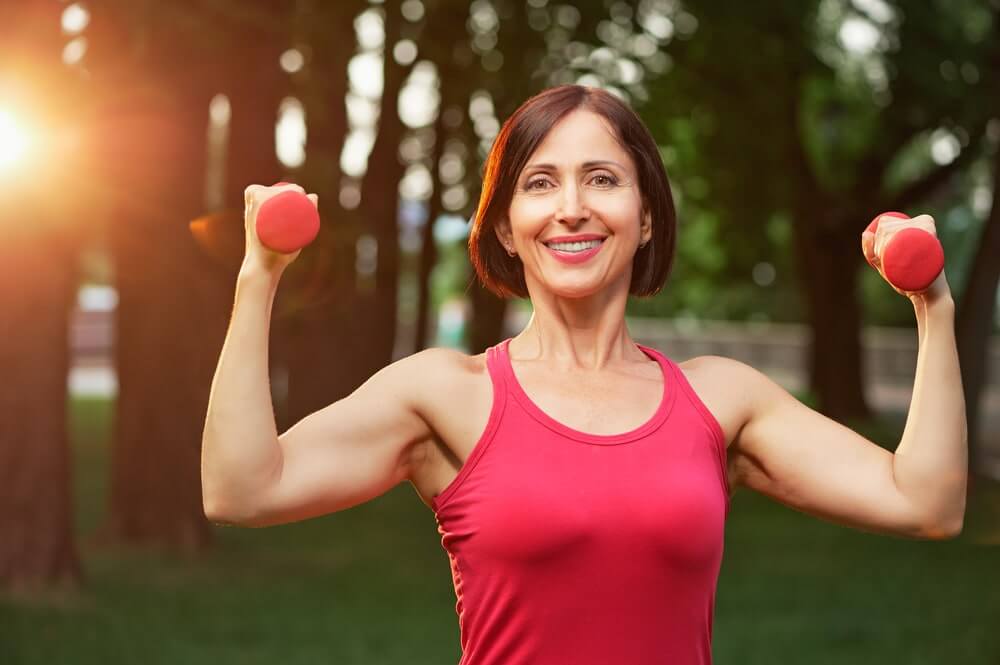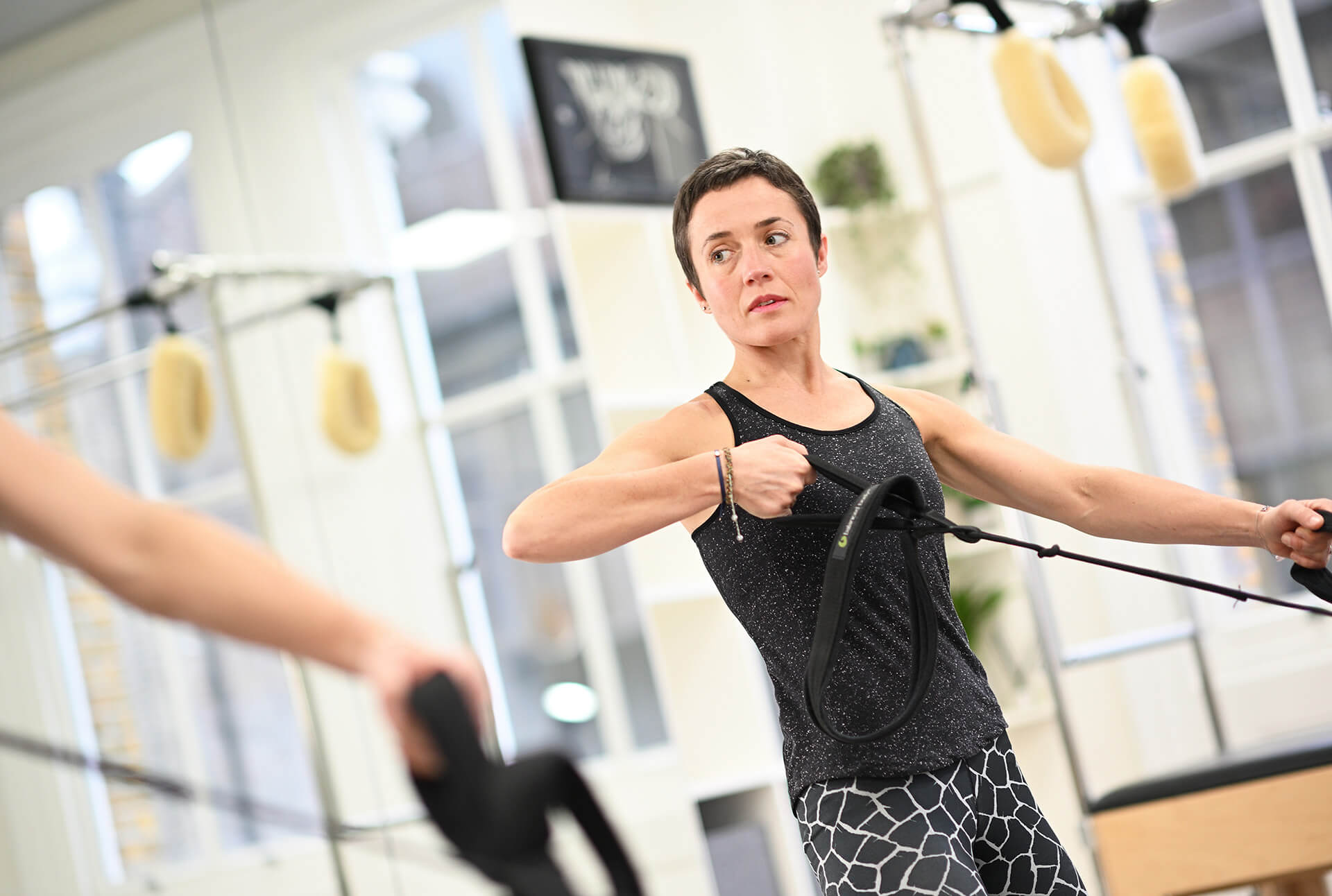According to the US National Sleep Foundation, the ideal amount for adults to sleep is between seven to nine hours a night. As with the NHS strength training recommendations, however, few of us in the UK are managing to hit this target, with 6.8 hours being the average sleep time.
Remi Mobed, Physio and sleep and sports performance expert, explains why many people fail to make sleep a priority. He believes a lack of understanding about its importance means that “at best, we tolerate the need to sleep.”
But, thanks to new research, people are starting to appreciate the connection between a lack of sleep and serious mental and physical health conditions, such as depression and obesity. Finally, Mobed says, “society is waking up to how mentally unfit we are.”
We need to get more high-quality sleep, that much is clear. But how can we go from sleep-deprived to getting a routine 8-hours a night? “We’ve always seen sleep as a passive state of unconsciousness,” Mobed says. “It might sound odd, but we need to be active in how we sleep. We need to do more for our sleep health.”
According to Mobed, simple changes to your nightly routine can make a big difference to the quality of your sleep. Here are his suggestions.
8 expert tips to improve your sleep habits
- We’re creatures of habit, so go to sleep and get up at the same time each day.
- Keep the bedroom for sleep and sex and that’s it – no phones, no computers, no TV should be allowed in.
- Get plenty of outdoor light as this will keep your circadian cycle in check.
- Keep the temperature in the bedroom cool, make sure it’s quiet and that any light is completely blacked-out.
- Keep your feet and hands warm in bed.
- If you’re trying to recover from jet lag or sleep deprivation of another kind, taking short daytime naps can be a good idea. Allow yourself up to a 30-minute nap around the middle of the day and take a caffeine hit before you go to sleep.
- Create a bedtime routine which involves doing something relaxing before you get into bed. This might be a Headspace meditation or a hot drink.
- Keeping your lights as dim as possible an hour before bed can also help. Oh, and avoid watching stimulating things on TV.
Education is key:
These blogs are designed to give information to everyone, however, it is important to remember that everyone is different! If you have not seen one of our therapists and have any questions about injuries, what you have read or whether this may be useful to you, please just ask. We are more than happy to help anyone and point you in the right direction. Our biggest belief is that education is key. The more you understand about your injury, illness and movement, the more you are likely to improve.



